|
What is flash fiction and can its creation make us better writers and better editors?
In July 2018, I wrote my first piece of flash fiction and submitted it to the Noirwich Crime Writing Festival’s flash fiction competition. Here’s what I learned.
What is flash fiction?
Think of a tiny story that packs a large wallop … that’s flash fiction. It’s not always called that. Some call it micro fiction, others nano fiction. I’ve also heard it called the shortie, short-short and postcard fiction. How long is it? There’s no consensus other than it’s short ... very short. Some types of flash fiction have established word counts – the dribble with 50 words, the drabble with 100 words, and Twitterature – no more than 280 characters. If Twitterature seems like a challenge, imagine writing it when the character-count limitation was 140! So what are the key components and what can they teach writers of longer-form fiction? 1. Brevity – making every word count Keeping things tight is one of the biggest challenges faced by many of the beginner novelists I work with. Overwriting usually occurs because the author hasn’t yet learned to trust their reader. Will that single adjective be enough? Maybe another sentence that says a similar thing would be in order, just for clarification … Often, it’s not a reflection of a writer’s ability to write, but about confidence. Getting the balance right comes with experience and not a little courage. A line editor can help with overwriting – they bring fresh eyes to the book, and can advise on what can safely be removed without damaging flow, sense, rhythm and tension, and in a way that respects style and voice. Flash fiction helps writers practise the art of precision in the extreme. And when it comes to self-editing your novel, you can ask yourself this: ‘If this were a short story and my word count was restricted, is this the way I’d construct this sentence?’ The answer might be ‘No, but I’d be missing an opportunity to enrich the narrative and the dialogue in a way that’s best for my book.’ That’s a great answer. Still, the flash fiction writer is forced to be disciplined, and when it comes to writing longer works, that discipline will get you used to thinking in terms of making sure every word counts, and comfortable with removing those that don’t. A limited word count also encourages writers to experiment with literary devices such as free indirect speech, sentence fragments, action beats, and asyndeton, all of which can facilitate brevity but enrich tension, immediacy, mood and rhythm.
2. Structure – shaping the story
Stories need structure. No writer wants to get to the end of their novel only to realize that the denouement occurred ten chapters earlier. Sophie Hannah calls it ‘story architecture’, which I think is both a practical and a beautiful way of thinking about how a writer helps their readers experience a novel. There are different ways to shape stories but the most common is the three-act structure. First, the beginning or hook that draws us in. Second, the middle where the confrontation takes place. This is where we come to understand the characters’ motivations and the conflict or obstacles in their way. Third, is the end where the denouement or resolution occurs. Says Julia Crouch, ‘If you have any storytelling bones in you at all, you will more than likely, even subconsciously, end up with a structure like this.’ How does flash fiction help? Do you even need to worry about structure when you’re writing such a short piece of work? Absolutely! No one will enjoy an 80,000-word novel that’s poorly structured. The same applies to 800 words. The only difference is that with flash fiction they’ll lose interest quicker. Flash fiction is a story form in its own right. It’s not about pulling an excerpt from a longer-form piece of writing. Flash must have structure – a beginning, a middle and an end. Something must happen to someone or something, and readers must leave the story feeling satisfied, that the story is complete, that they’ve been on a journey, albeit a short one. Without structure, it will descend into nothing more than an extract. Perhaps flash is akin to poetry – squeezing big ideas into small spaces. That too, though, is good practice for the novelist, because it encourages writers to think about the discipline of shaping, and the journey that the reader will be taken on.
3. Strong endings – surprises and twists
There’s nothing more disappointing than a book that hooks you into turning page after page only to sag into a giant anti-climax. ‘Endings are so important to the reader and you will never please everyone,’ says Nicola Morgan. ‘Readers do want the end to feel “right”, though. They have spent time with these characters and they care what happens to them.’ How and when novelists decide to tie up all or most of the loose ends will depend on style, genre, and whether the book is part of a series, but there must be some sort of closure so that your readers aren’t left hanging. Flash fiction is a challenge to write, but it’s a challenge to read too, particularly for those who love to get stuck into a world and the characters who move around within it. It’s therefore an excellent format in which to practice packing a final punch, even if that amounts to just one or two sentences. This form of writing also allows writers to play with readers’ expectations of resolution in quirky ways. You might decide to evoke a laugh, or a shudder, or shock, or a sense of poignancy, but the reader should feel something such that even though you’ve only written a few hundred words the story is memorable. Here are some additional tips that you might consider if writing flash fiction appeals.
Flash fiction tips #1: Seek immediacy
Which tense will you use? At the time of writing, I’ve written eight flash fiction stories, none of more than 900 words. In all but two I instinctively opted for the present tense. I didn’t notice my predilection until I reread them one after the other. It made me reconsider the two I’d framed in the past tense. I decided to see what would happen if I changed them. I learned something. My narrative tension loses its piquancy when I write in the past. That’s not to say I wouldn’t use the past if I were writing a novel. However, for flash fiction, there’s no time to lose! I’m trying to close the distance between the reader and the viewpoint character so that the former is quickly immersed in the tiny world I’ve built. The opposite might be true for you; there are no rules. But if your flash is flagging, don’t be afraid to experiment with tense and evaluate the impact. Flash fiction tips #2: Characters and viewpoint Given the space available, keep the story tight by sticking to one viewpoint character. It’s easier to create immersion if you allow readers to get under the skin of a single person’s experience. That doesn’t mean there can’t be other characters in the frame, just that we see these others through the viewpoint character’s eyes. You’ll likely need to omit anything about the character that isn’t necessary to drive the story forward. Novels include descriptions of the characters’ appearance and personality so that we can better visualize them and understand their motivations. With flash, consider focusing only on those unique physical and emotional traits that nudge the reader towards the big reveal. Flash fiction tips #3: Use the mundane Play the what-if game. Take an object, or place, or personality attribute of someone you know, and ask what the story might be in another universe. What if that old door in your friend’s hallway didn’t really go to the downstairs loo? What if that scribble you found on the inside of a library book had a more sinister connotation? What if your neighbour wasn’t quite who you believed them to be? What if your best mate’s boring job was just a cover story? Sometimes the most wonderful clues to the theme of a shortie are hidden in plain sight. 4. The editor turned fiction writer – lessons learned Writing and editing are two very different arts. I don’t believe that a good fiction editor must be a fiction writer. I do, however, think we need to understand the core components of fiction writing and what makes a book work, and be able to place ourselves in the shoes of the author and the reader. Still, I’m (now) one of many fiction editors who also write fiction. Some of my colleagues have publishing contracts. Some are self-publishers. Some have agents, while others are seeking representation. Some of us write our fiction purely for pleasure. There are many roads, but we all agree on one thing: it has been good for us to sit on the other side of the desk – to be the writer, to be the one being edited.
Louise reading 'Zeppelin'. Crime writer Elizabeth Haynes looks on.
The short story I wrote for Noirwich 2018 was a challenge for two reasons:
The amazing thing is that I made the final shortlist of three. That, however, presented a new challenge. I was invited to Noirwich Live where the winner would be announced by New York Times bestseller Elizabeth Haynes. Would I read my story ‘Zeppelin’ to a roomful of people, mostly complete strangers? The audience comprised fellow amateur writers, teachers of creative writing, published writers including Haynes, Merle Nygate and Andrew Hook, and most important of all, my daughter Flo and dear friend Rachel. My knees might have been trembling as I took to the floor, but I got the job done and thought about what I’d learned from the experience. Sharing takes courage Writing fiction is one thing; sharing it with others is quite another. Even tiny fiction like mine. For some of us, it takes courage, especially when massive doses of newbie impostor syndrome are flowing through one’s veins. And this is exactly how many of my author clients feel. Sometimes I’m the first person on the planet to see their work when they’re done with it. My experience enhanced my already deep respect for them, because now I know how it feels to share my fiction with others. Editing is an honour My own small venture has taught me what a privilege it is to be chosen by an author to edit for them. When they choose me or one of my colleagues, they take a leap of faith. They place trust in us to treat their words with respect and help them move forward towards their publishing goals. Fiction is intimate The nine stories I’ve written to date are really short. I’m at the beginning of my fiction writing journey. I have a lot to learn. But those stories are precious to me. Every one of them contains a bit of me, or of someone I care about, or someone or something that has made a mark on me in some way. They are not fact, but they are not completely made up either, and that infuses them with a level of intimacy. In other words, fiction writing is personal. It’s important that the fiction editor takes all of that into their editing studio and remembers it at every touchpoint of the project – an amendment, a query, a summary – and never forgets to say thank you.
Further reading
Louise Harnby is a line editor, copyeditor and proofreader who specializes in working with crime, mystery, suspense and thriller writers.
She is an Advanced Professional Member of the Chartered Institute of Editing and Proofreading (CIEP), a member of ACES, a Partner Member of The Alliance of Independent Authors (ALLi), and co-hosts The Editing Podcast. Visit her business website at Louise Harnby | Fiction Editor & Proofreader, say hello on Twitter at @LouiseHarnby, connect via Facebook and LinkedIn, and check out her books and courses.
0 Comments
Leave a Reply. |
BLOG ALERTSIf you'd like me to email you when a new blog post is available, sign up for blog alerts!
TESTIMONIALSDare Rogers'Louise uses her expertise to hone a story until it's razor sharp, while still allowing the author’s voice to remain dominant.'Jeff Carson'I wholeheartedly recommend her services ... Just don’t hire her when I need her.'J B Turner'Sincere thanks for a beautiful and elegant piece of work. First class.'Ayshe Gemedzhy'What makes her stand out and shine is her ability to immerse herself in your story.'Salt Publishing'A million thanks – your mark-up is perfect, as always.'CATEGORIES
All
ARCHIVES
July 2024
|
|
|
|


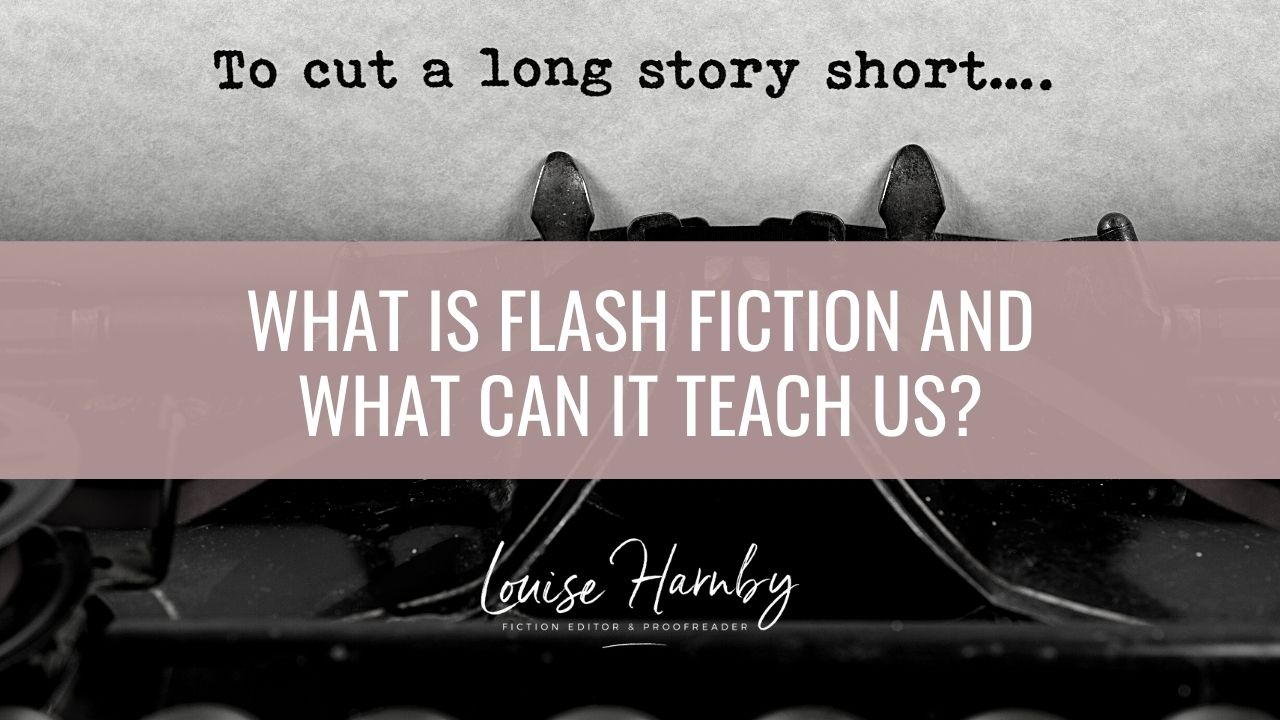
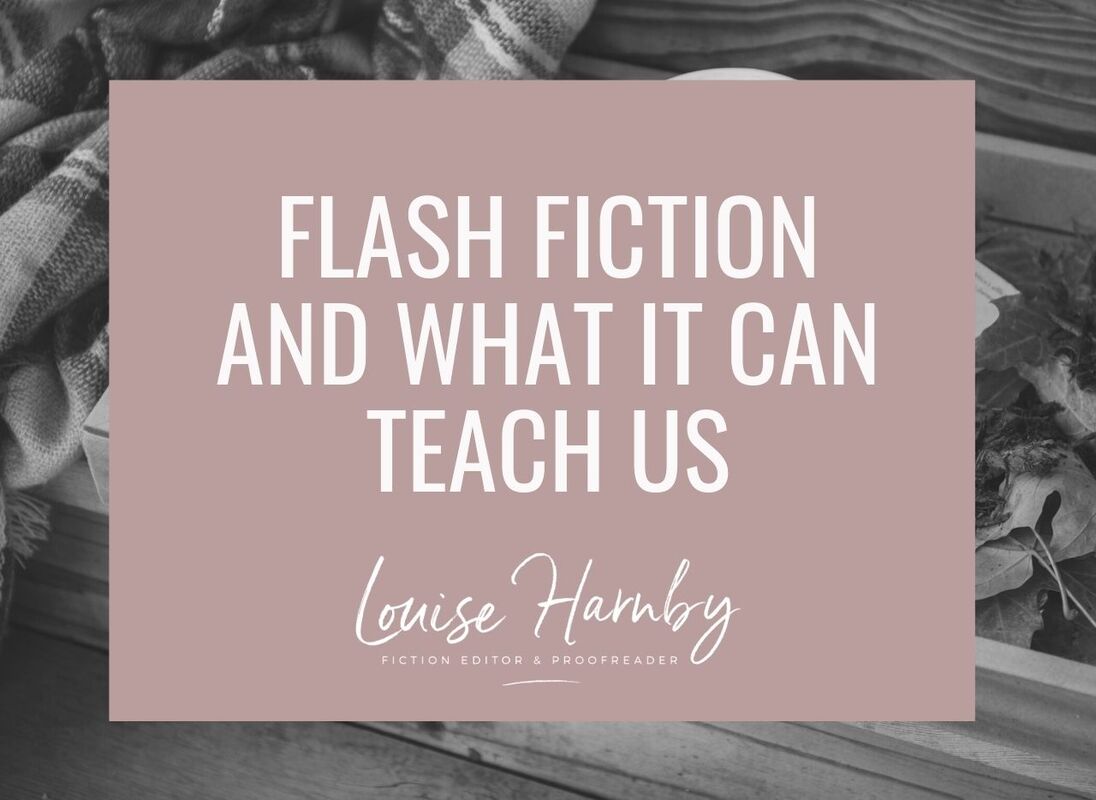


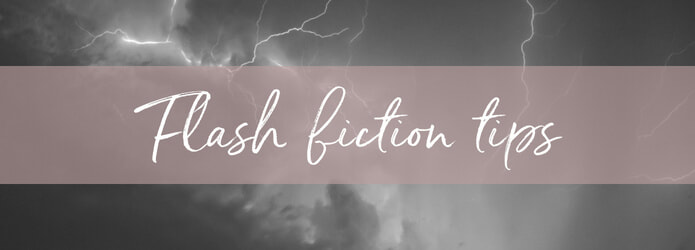
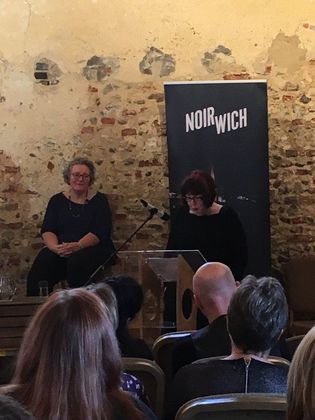
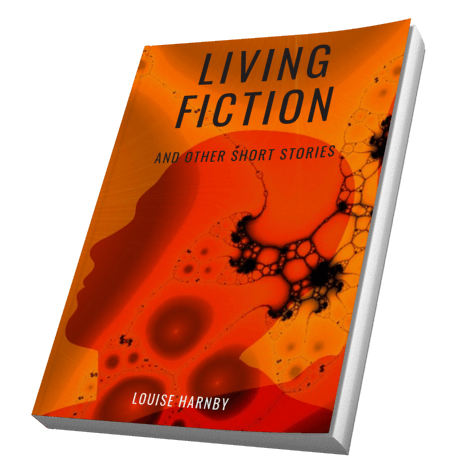













 RSS Feed
RSS Feed





